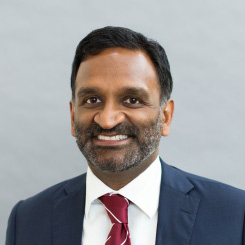Watch Germany fall further into the abyss as it turns its back on both liberalism and Christianity.
Once a staunchly pro-American, global economic powerhouse, the country is now the “sick man” of Europe more ways than one. These recent news items offer proof:
Chancellor Gerhard Schrr lashes out at the “unrestrained neo-liberal system” for his country’s economic woes.
Schrr has been actively courting Russia and China as allies; John Vinocur’s column in yesterday’s International Herald Tribune points to “Schrrism” as the root cause of Germany’s many ills.
In the midst of all their domestic troubles, German intellectuals such as Jürgen Habermas, Günter Grass and Wolf Biermann have decided to nag the French into accepting the European Constitution.
And, to top it all off, despite being the first German Pope in nearly 1,000 years, Benedict XVI is more popular in Poland than in his homeland.
An English-language blog on Germany has regular updates on this depressing yet edifying story.

